#cummins
Cummins Agrees to Pay $1.6 Billion in U.S. Emissions Fines
The United States Department of Justice has accused Cummins of installing emissions defeating devices on diesel motors and decided to fine the company $1.67 billion for violating the Clean Air Act. Cummins has agreed to pay the fine in principle, which Attorney General Merrick Garland said would resolve any allegations that the "company unlawfully altered hundreds of thousands of engines” to circumvent emissions regulations.
Heavy Duty Recall: Ram Rescinding 131,000 Pickups Over Fire Risk
Ram has been subjected to numerous investigations over the last few years, especially in regard to its heavy-duty diesel pickups. We can throw another item onto the list, as the manufacturer has opted to recall 131,177 HD trucks from the 2021 and 2022 model year.
While we recently covered an investigation launched by the National Highway Traffic Safety Administration (NHTSA) to assess whether reports citing that late-model HD pickups using the 6.7-liter Cummins turbo diesel had motive issues, the current recall appears unrelated. The former investigation is centered around slightly older trucks and a loss of motive power presumed to be the result of defective fuel pumps that could warrant a recall. This issue is a full-blown recall surrounding a potential fire risk originating from an issue with the solid-state heater intake grid relay.
NHTSA Investigating Ram's Diesel Pickups
The National Highway Traffic Safety Administration has opened an investigation into nearly 605,000 heavy-duty Ram trucks. A report from the regulator’s Office of Defects Investigation has tabulated 22 complaints from the 2019 and 2020 model years, all of which use 6.7-liter Cummins turbo diesel engines, spurring the NHTSA to launch a formal investigation. Complaints revolve around loss of motive power, with most incidents occurring above 25 mph and resulting in the “permanent disablement of the vehicle.”
While the public was not made aware of the investigation until Monday, the agency launched its probe last Thursday on October 14th. The goal will be to establish how widespread the presumed defect is, what exactly caused it, and any potential safety hazards relating to the issue. Some headway has already been made, however.
Diesel's Not Done Yet: Cummins Explores Cylinder Deactivation
Despite the switch to low-sulfur fuel and ever more stringent emissions regulations around the world, compression ignition technology still gets a bad rap, tarnishing the remaining crop of diesel engine offerings despite their fuel economy advantages.
In the world of heavy duty pickups and large commercial vehicles, it’s a case of diesel or what else? Electric motors powered by battery banks the size of a refrigerator warehouse? Gotta use what works.
Diesel engine maker Cummins sees plenty of life left in the technology, and believes better is possible. If gasoline engines can shut down cylinders at will to conserve fuel, why not oil burners?
Oil Is Out: Nissan Readies a Refreshed, Diesel-free Titan Line
Far from being the first choice among full-size truck buyers, the Nissan Titan and Titan XD are at least earning attention from their builders — and the latest alteration will earn a chorus of boos from those who worship at the altar of all things Cummins.
With a refreshed lineup on the way, Nissan has confirmed that the 5.0-liter diesel V8 available in the nearly-three-quarter-ton Titan XD will disappear by the end of the year.
Cummins Looking Into Ram HD Engine Emissions Certification Process
Cummins, maker of the beastly 6.7-liter inline-six diesels found beneath the hoods of various Ram Heavy Duty pickups, claims it is looking into its emissions certification and compliance process.
In a statement released Monday, the decision to investigate the process came after “conversations” with the Environmental Protection Agency and California Air Resources Board. Specifically, the probe targets the revamped engines used in Ram’s 2019 HD line, not the 5.0-liter V8 found in the Nissan Titan XD.
Not a Typo: 2018 Ram HD Longhorn Ram Rodeo Edition Appears, Inspired by Itself
Yet another special edition Ram pickup has landed for your trucking enjoyment. With the freshly renewed half-ton truck finally finding its way into showrooms, FCA is continuing to throw premium materials at its heavy-duty brother in an attempt to tide it over until an all-new machine bows for 2020.
Aimed squarely at wealthy cowboys who tow a lot of stuff, the 2018 Ram Heavy Duty Longhorn Ram Rodeo Edition (yes, the word “Ram” appears twice in its official title) is laden with leather, chrome, trailering gear, and badges the size of Texas belt buckles.
Another Flare-up in the Great Torque War: Ram 3500 Takes the Lead
Healthy competition lowers the price of consumer goods, the economists tell us, but it also raises torque ratings. Nowhere is this more apparent than among the Detroit Three automakers, with Ford, General Motors and Fiat Chrysler Automobiles locking horns, crossing swords (keep it clean…), and firing arrows at each other in a heavy-duty pickup war that’s only heated up in recent years.
It comes down to stump-pulling, gravel-hauling, trailer-towing twist. In 2015, the Ram 3500’s 6.7-liter Cummins inline-six turbodiesel topped the Ford F-350 SuperDuty’s 6.7-liter turbodiesel V8 by 5 lb-ft of torque — 865 to Ford’s 860. This clearly couldn’t stand, so for 2017 Ford upgraded the Power Stroke’s torque rating to 925 lb-ft, kiboshing Ram’s 2016 attempt to stay ahead with a 900 lb-ft rating.
With 2017 came further aggressions. This year saw GM pulling ahead to second place with its 6.6-liter Duramax V8, now upgraded to 910 lb-ft, knocking Ram down to third place.
Well, FCA’s having none of it. Just a day after Ford’s unveiling of a newly powerful second-generation 2.7-liter EcoBoost V6 and 5.0-liter V8, Ram fires this salvo: a Cummins with more grunt than any other rival.
Making the Case for a Diesel Ram Power Wagon
Impassioned calls for Ram to drop the Cummins 6.7-liter inline-six diesel into the Power Wagon are not new, nor is Ram’s response. I recently spoke with Jeff Johnson, Ram’s brand manager for heavy duty trucks, who unequivocally stated, “Ram has no plans to offer the Power Wagon with a diesel.”
Johnson pointed to the increased weight of the 6.7-liter Cummins versus the 6.4-liter Hemi V8 presently under Power Wagon hoods, as well as the difficulty of engineering the front end to accommodate both the diesel’s cooling requirements and the truck’s standard 12,000-pound winch.
We accept the reality of these challenges. But could Ram overcome them?
Absolutely, though Ram’s engineers have determined the cost outweighs the benefits. Even setting my enthusiast hat aside, I am not confident that bypassing this opportunity altogether is the best choice for Ram.
Future-proofing: Cummins Wants to Sell You More Than Just Diesels
It’s hard to hear the name Cummins and not immediately think of a Ram pickup struggling valiantly to pull a gnarled tree stump out of the unyielding earth. Certainly, the company’s diesel inline-six and V8 engines are to the truck world what Nike is to professional sports.
While Cummins’ fossil fuel-powered engines and power systems show no signs of becoming passé, a company ignores the future at its own peril. The green revolution is afoot, we’re told, and internal combustion power will one day occupy the niche currently inhabited by electric propulsion. With this in mind, Cummins has a plan.
Ramming Speed: The Best Pre-Millenium Dodge Trucks
Since Dodge started producing trucks way back in 1921, it has never held the crown of the best-selling pickup truck in America. Not once. Not even when Dodge was the top brand in America.
It seems from the get-go Dodge has played third-fiddle in Ford versus General Motors pickup truck wars. But being third child meant that Dodge often struggled to be recognized in the market when compared to its more famous competitors.
For enthusiasts, that has always been a good thing.
It meant Dodge always had to be different. Dodge always had to be innovative, or more enthusiastic, or just plain shout more than anyone else. The result of all that was Dodge brought us some very trick trucks along the way that were cutting-edge, that defined a market, or were just plain cool.
With that in mind, let’s take a look at 40 years of pre-Y2K Dodge truck highlights (even when they haven’t been so successful).
FCA and Cummins Fingered in Diesel Emissions Lawsuit
A Seattle firm is claiming that Fiat Chrysler Automobiles and Cummins intentionally misled owners of Ram heavy-duty pickups with falsified emission information and substandard diesel motors.
Nissan Announces New 5.6-liter V-8 for Titan, Titan XD
Nissan announced Tuesday that its new Titan and Titan XD pickups will be powered by an all-new 5.6-liter V-8 that makes 390 horsepower and 401 pound-feet of torque. The new V-8 replaces the aging mill that produced 317 hp and 385 pound-feet of torque.
According to Nissan, the new V-8 — dubbed Endurance — will be built at the automaker’s Decherd, Tennessee powertrain assembly that produces all powertrains for vehicles assembled in the U.S.
(Apparently, Nissan’s announcement broke the automaker’s press site. The site went down shortly after the announcement.)
Clessie Cummins Made Diesels the King of the Road… and Almost at Indy Too. Part Two
In Part One we looked at Clessie Cummins’ development of the first practical and reliable diesel truck engines and his earliest attempts to race diesels in the Indy 500. Though he had succeeded in developing the technology, he still hadn’t achieved the ultimate proof of concept that market success brings.
Clessie Cummins Made Diesels the King of the Road … and Almost at Indy Too. Part One.
(Note to readers: This was the piece on Clessie Cummins that should have appeared first. Unfortunately, Part 2 of the series ran first and will be rerun later this afternoon — Aaron.)
Diesel engines have been in the news lately, and not for good things. The admission by Volkswagen that it has been using a software device to cheat on government emissions testing of at least some of its diesels may taint compression ignition, oil-fired engines in the passenger car market. The trucking industry, however, will continue to use diesels. That’s mostly because of a guy named Clessie Lyle Cummins.
If you’re an automobile or truck enthusiast you likely know his last name, but just as likely know nothing about him.
His accomplishments date to building a working steam engine for his family’s Indiana farm as an 11 year old in 1899, casting the engine parts from molten iron poured into hand-carved molds. As a teenager, he started to take odd jobs including fixing machinery, which led to a job at the maker of Marmon automobiles — Nordyke and Marmon. He was also member of the pit crew of Ray Harroun’s Marmon Wasp that was the winner of the very first Indianapolis 500 race in 1911, and offered suggestions that made the car faster. Cummin’s loved the Indy 500 and his engines would eventually run there, with some measure of success.



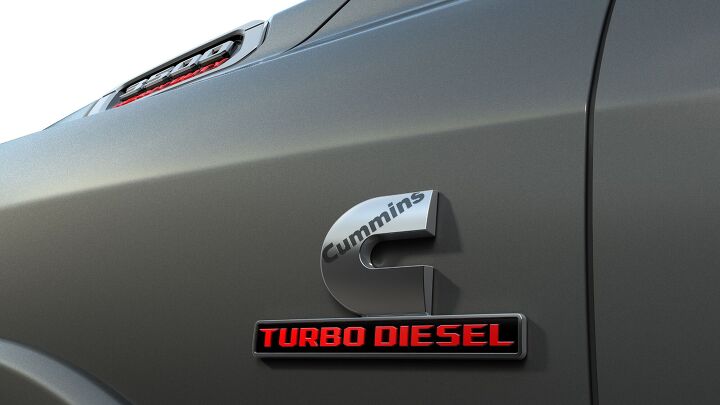

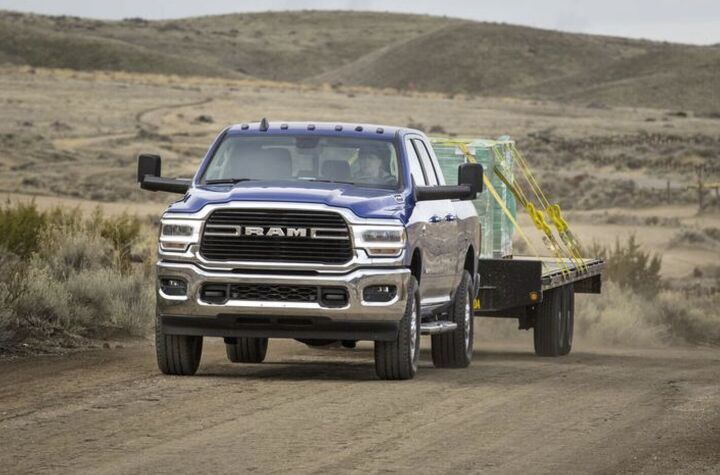
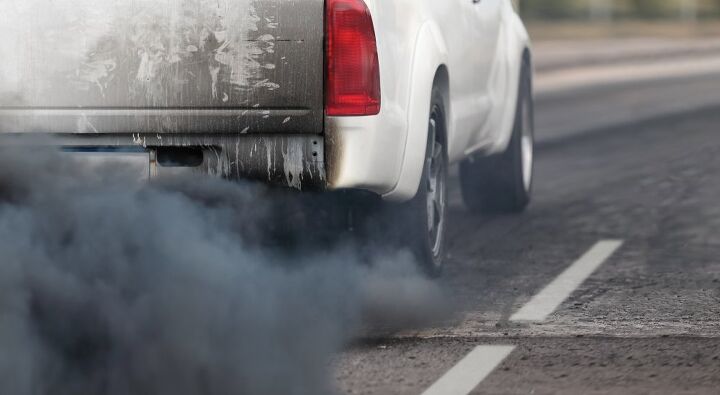


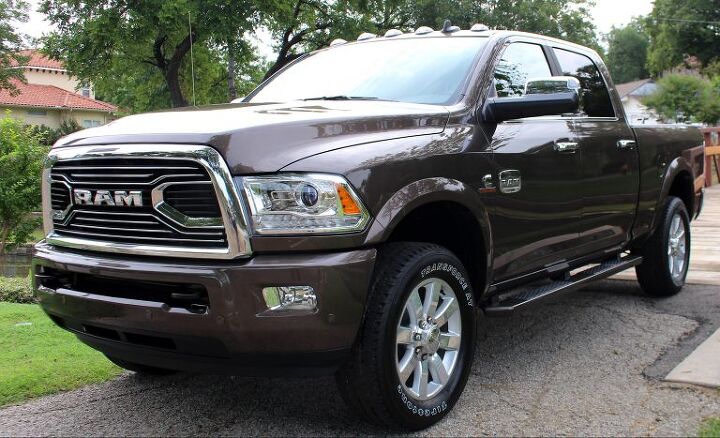
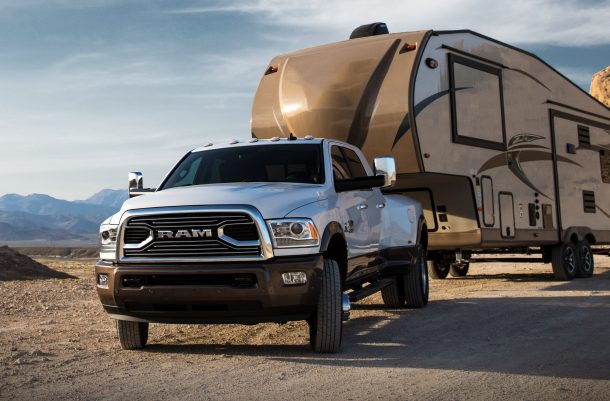

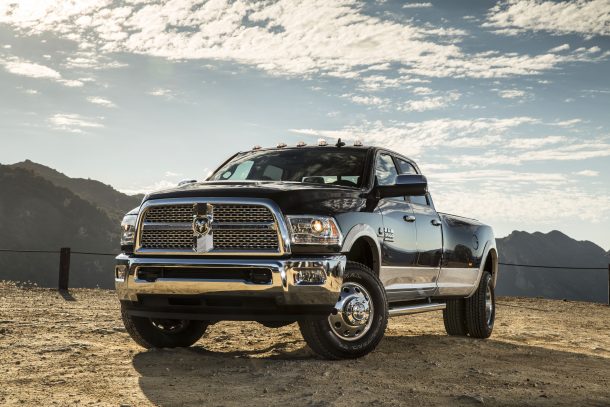
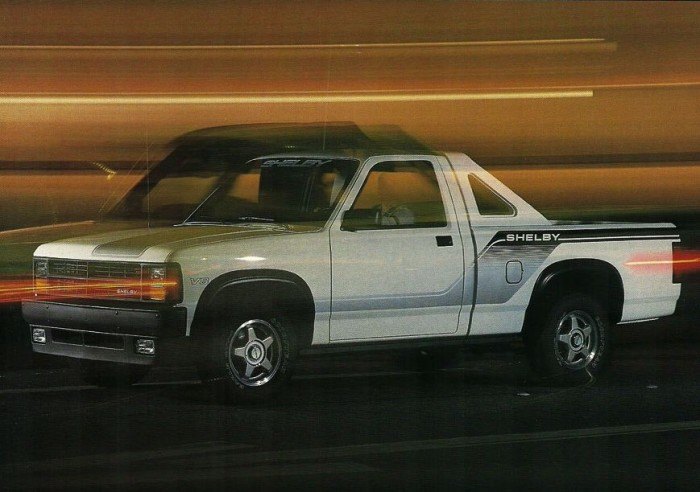
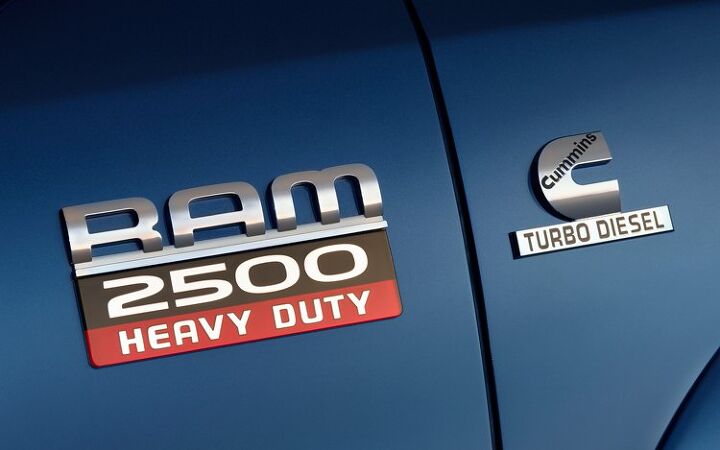
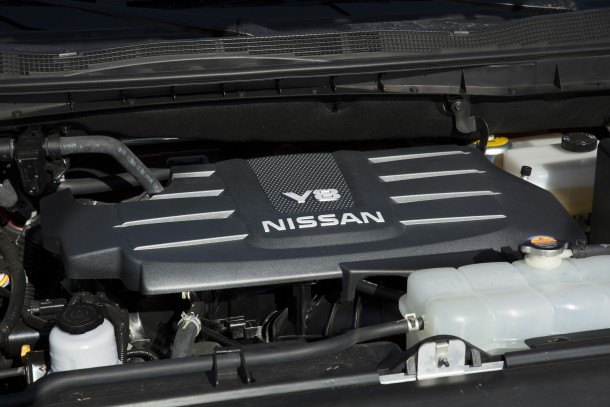
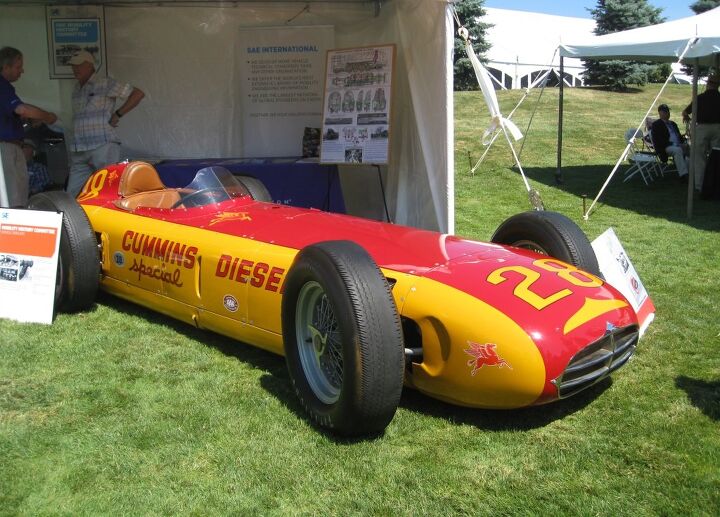
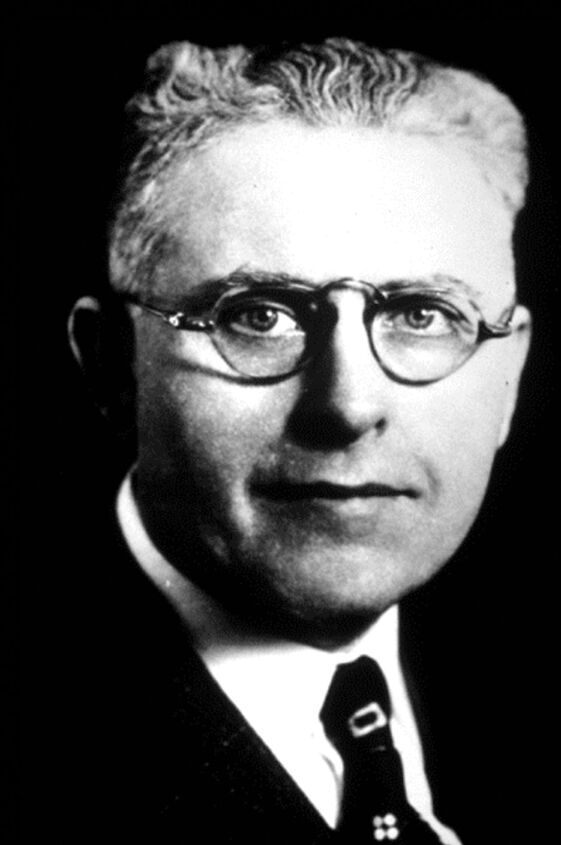












Recent Comments